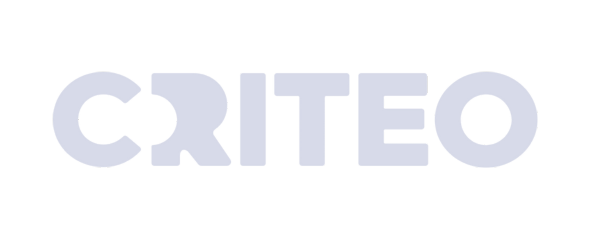Managing e-commerce profitability requires a two-pronged effort: optimizing revenue and intelligently reducing costs. At Byte, we aim to secure the long-term financial health of your business by balancing these two pillars effectively.
Long-Term E-commerce Revenue Management Strategies
For us, e-commerce revenue management is not limited to temporary price cuts or momentary sales spikes. Our primary objective is to create a sustainable plan that aligns perfectly with your business goals, boosting short-term profitability while simultaneously laying the groundwork for long-term revenue growth. In this process, we continuously analyze pricing strategies, product mix optimization, and channel distribution, identifying strategic areas ripe for improvement. With effective revenue management, we strengthen your business foundations, building a resilient structure against market fluctuations. Working in a partnership approach, we draw a detailed roadmap that targets the financial prosperity of the coming years, not just today's profit.
Cost Reduction and Optimization Initiatives for Increased Profitability
Many e-commerce companies believe they already keep costs as low as possible. However, our experience shows that there are always areas in operational expenditures that can be intelligently reduced or optimized. Cost reduction doesn't just mean tightening the belt; it means using resources more efficiently and eliminating unnecessary waste. Here are the details of 10 fundamental cost reduction recommendations we guide you through during our consulting process, tailored for the e-commerce context:
- Manage Cash Flow: Optimize your accounts receivable and payable cycles to increase liquidity. Strategic planning of inventory costs and supplier payment terms is critically important in this area.
- Avoid Unnecessary Expenses: Identify and immediately terminate unused software subscriptions, idle warehouse capacity, or low-converting advertising spend.
- Reorganize Your Office Space: Transition to flexible or hybrid working models suitable for the nature of e-commerce operations, achieving significant savings on fixed office expenses.
- Reduce Costs with Freelancers: Instead of bearing fixed personnel costs, use a flexible workforce (freelancers) for expertise needed during seasonal peaks or specific projects.
- Find Ways to Advertise Your Business for Free: Focus on low-cost but high-impact channels such as organic search (SEO), quality content marketing, and organic social media reach, rather than high-cost advertising platforms.
- Negotiate Discounted Prices with Suppliers: Obtain more favorable prices from your raw material, logistics, and packaging suppliers in exchange for bulk purchasing commitments or long-term agreements.
- Purchase Refurbished Equipment and Furniture: Protect your budget by preferring guaranteed refurbished products, especially for capital expenditures like IT hardware or warehouse/logistics equipment.
- Limit Business Travel: Minimize travel expenses by utilizing high-quality virtual meeting tools and online events instead of face-to-face meetings.
- Prioritize Cost Reduction: Establish a culture of continuous improvement within the company. Encourage every department to make cost efficiency a part of their daily operations.
- Motivate the Entire Company in This Direction: Clearly define cost reduction targets and establish transparent mechanisms that reward teams who achieve these goals, thereby boosting company-wide motivation.
At Byte, we build your e-commerce Revenue Management journey on a complete plan that anticipates future challenges and explores areas of profitability opportunity.







